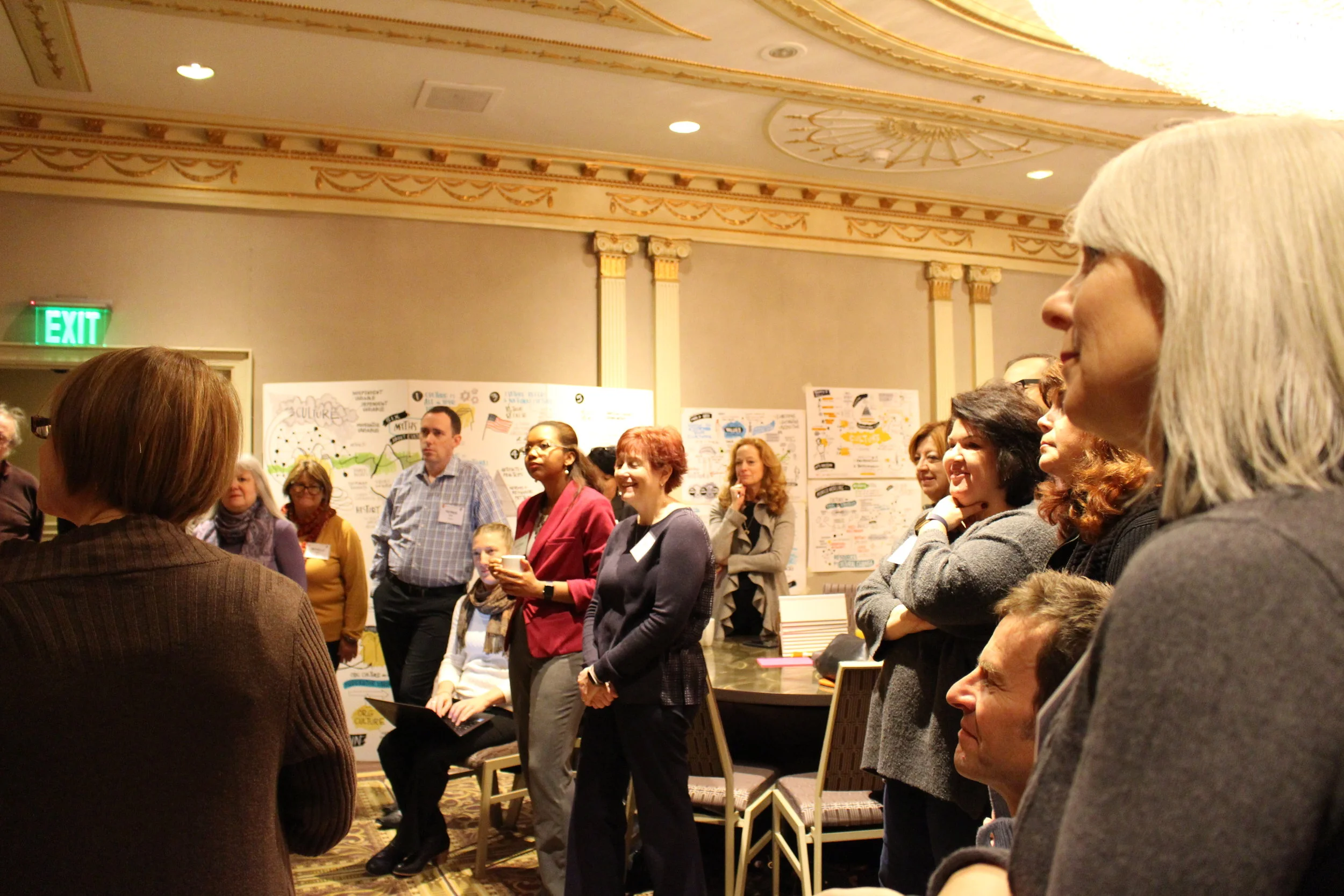Learning Innovations Lab at the Harvard Graduate School of Education
Founded in 2000 at the Harvard Graduate School of Education’s Project Zero, "Learning Innovations Laboratory (LILA)" is a consortium of researchers and practitioners who are leaders in the field of organizational effectiveness, learning, innovation and change. They collaborate by sharing experimental work and emerging thinking in order to generate effective future practices. With the input of academic experts from a variety of disciplines, these leaders collectively become a ‘learning lab’ in which they learn with and from one another about the contemporary challenges of human learning & innovation in organizations. LILA is an invitation only learning community that actively explores how current research can inform the decisions they take on key challenges and initiatives in their organizations. Read more about our history and membership options here.
Adaptive Culture: How institutions set conditions for success.
When an organization is doing better than its rivals, we are often quick to attribute performance to its organizational culture. We say we admire companies for their culture, and we worry what might happen to a company’s culture when there are mergers and acquisitions. When an organization is struggling or a shift in strategy is desired, we are often quick to say what is needed is a culture change initiative. But what do we mean by “culture”? What does an organization’s culture really consist of? Where does culture come from? And how does it change? Can culture really be changed by an “initiative?”
This theme will explore these questions and more. This is a timely theme, because the nature of organizations and organizing is actively fluctuating. The rise of hybrid organizations, holocratic organizations, and emergent organizations, as well as diverse social movements, are challenging the ways we define, understand, and experience organizational life. The idea of culture as a tool to drive goal attainment may be worth a second look. Approaching culture from both a macro-systems perspective as well as a micro-local perspective—where each influences the other—may be a useful way of approaching the puzzle.
With this theme, we explore culture at a variety of levels of analysis, focusing on those factors that lead to the establishment of adaptive cultures—cultures that lead to human and organizational flourishing even in the face of change. We will look at questions such as; How do organizations work to change an existing culture? What does “culture change” really mean? How does it manifest?
Adaptive Cultures in Organizations
Fall Gathering
Dr. Michael Muthukrishna from the London School of Economics and Political Science and Dr. Mary Ann Glynn from Boston College joined us to explore the history of culture and its manifestations in organizations.
Creating Cultural Contagions
Winter Gathering
Dr. Michele Gelfand of University of Maryland, College Park and Dr. Damon Centola of the University of Pennsylvania joined us to explore adaptive and resilient cultures.





